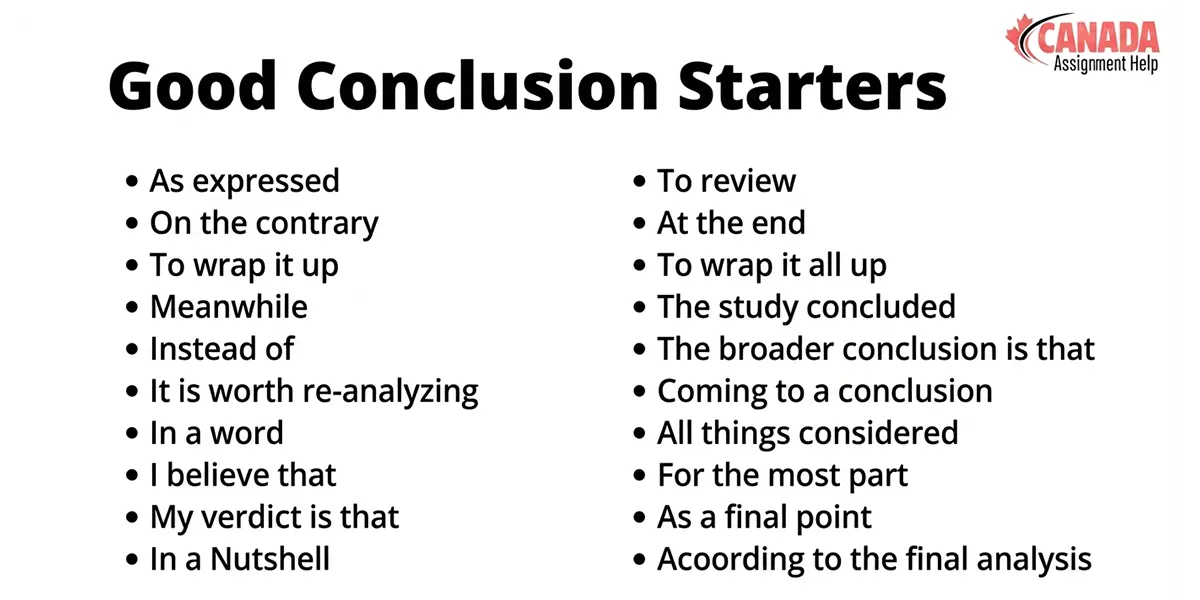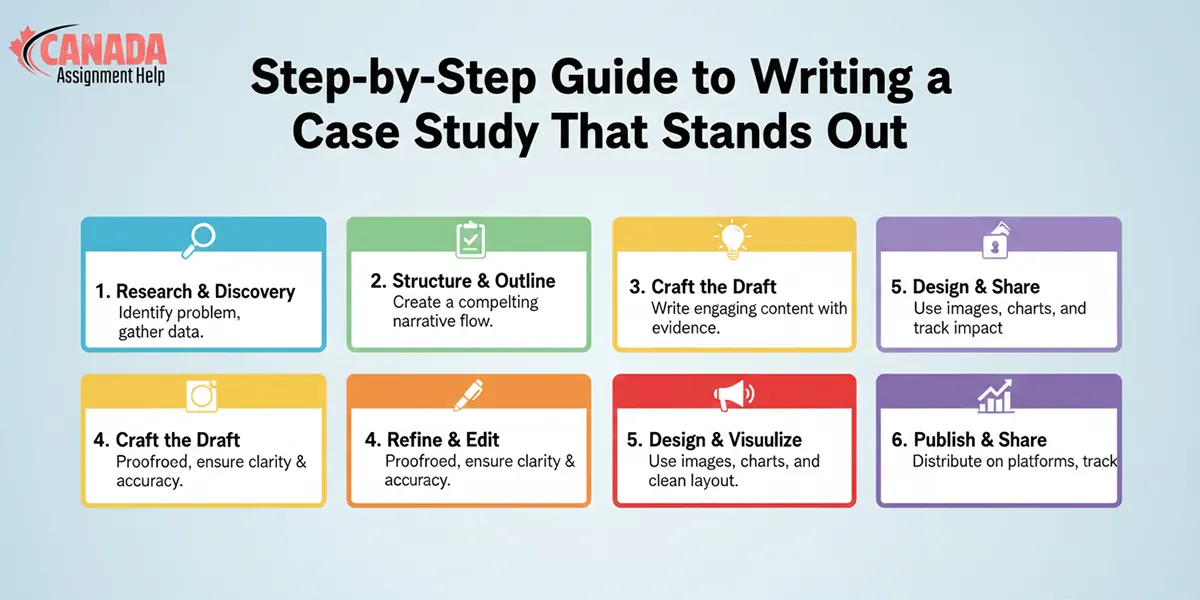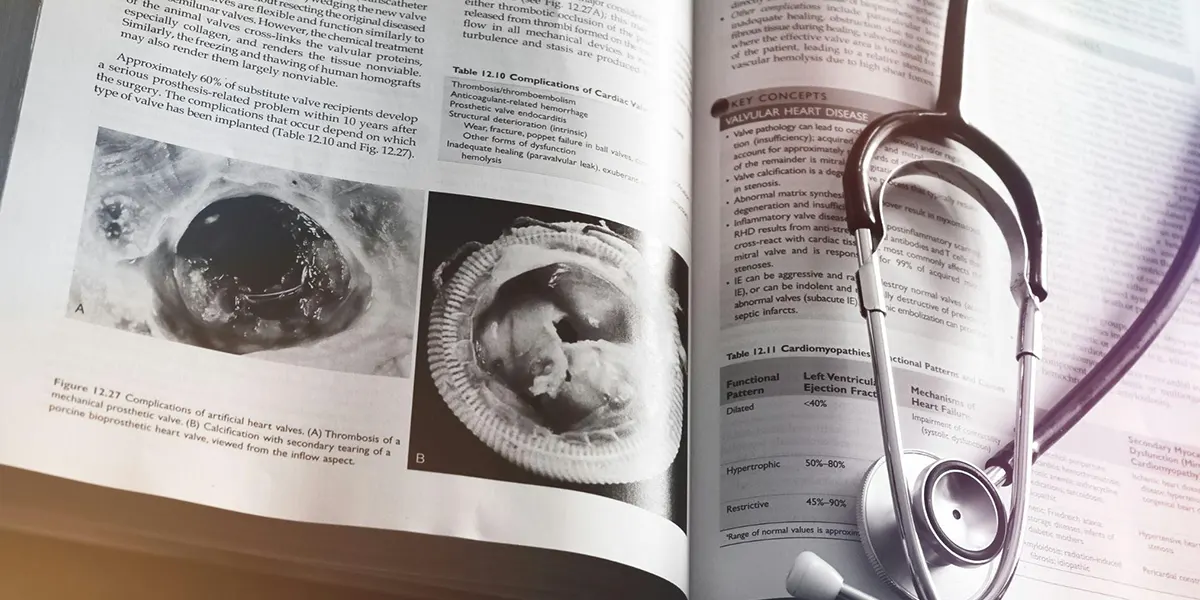Are you confused about how to start writing your reflective essay?
Well, I get it. Writing a reflective essay might sound like tricky to you. But trust me, it is one of the most personal and meaningful forms of essay writing.
So, consider it as your chance to think critically about an experience and share what you have learned.
Yeah, it is that simple. Do not worry, in this blog, I will tell you everything about writing a reflective essay. Here we go:
What is a Reflective Essay?
So, before we start to learn to write reflective essays, let us first clear our minds about what they really are.
A reflective essay is one of the common types of essay writing in which you reflect on some of your personal experiences. And write how they affected you. It is not just about sharing a story but showing what you have learned and how it made you feel.
So, the experience could be about anything that means something to you.
How to Format your Reflective Essay?
Before you write a reflective essay for your college, your format must be different from the publication authors who write for the publication to connect with the readers.
All reflective essays follow the similar pattern and format. In most of the cases the tutors usually assign the formatting style to students.
Moreover, there are many formatting styles you can use, like APA, MLA, and Chicago.
However, if you are not sure which formatting you can use, you can use the APA style. Here is the right APA format for your reflective paper.
- Font and size: Times New Roman and Arial are the most used font sizes in academics. And then you can use the standard size, such as 12.
- Spacing—The double spacing normally used in your essay.
- Margins—The margins generally use such 1. So, you can stick with it unless the teacher gives you 1.5 or 2.
- Page numbers—These are usually put in the headers and footers of the page.
You can also follow the MLA formatting style
- Times New Roman
- 12 pt font
- Double line-spacing
- 1" margins
- Last name and page number in the top-right
- "Works Cited" section on the last page
Step by Step, Writing a Good Reflective Essay?
1. Be vulnerable
As a means to write your reflective essay, you will need to share your vulnerabilities with your readers. After that, create a deep connection with them.
Then you must debate how doubt, fear, and insecurities will shape your progress. To write a good reflective paper, you must go far and expand your creativity.
2. Reflect and introspect
Now you will need to think about your chosen topic. And then explore your thoughts, feelings, and reactions; connect with it.
For instance, you will need to ask yourself certain questions while writing a reflective essay. These are.
- How can this kind of experience shape growth and personality?
- What things will I learn from this situation?
So, this introspective stage truly shapes the foundation of your paper. And you will easily go into deeper and reveal your personal experience.
3. Create a main theme
Now, you will need to create a main theme after choosing a good topic for your reflective essay. You will need to explain to your readers what things you will learn about the experience with the chosen topic.
The chances are your readers will easily connect your topic and then form a good point of view.
For instance, last night when I watched a TEDx episode on Wim Hof, I was able to reassess my rigid notions about the harmful impacts of cold exposure.
4. Brainstorm ideas and share the experience you learn from this topic
You can write relevant quotes or any memorable things or share a meaningful event where you solved a certain situation.
But, you need to be personal and write your reflective essay in a good way.
For examples
- A lot of people think that eating rice, even a smaller amount, increases weight.
- I was struggling during my exercise, and then I understood that eating rice is harmful, mostly at night, once I obtain an excessive weight.
- I was found this after the detail study
- As per the study, rice has a slight amount of calories and carbohydrates that increase weight.
- So I learn from this experience that eating rice after doing exercise is not good for the health.
5. Examine how and why these ideas and experiences have impacted your interpretation of your topic
Now, you will need to select an idea from the last stage, and after that, examine it carefully.
Then, write a reason after agreeing and disagreeing on the certain statement in your reflective essay.
For instance, an idea.
’I was brought up to believe that carbohydrates make people gain weight.
Analysis: The majority of people think or assume that if they eat carbohydrates such as sugar, rice, and bread as well, then they gain weight. So, when I heard this misconception, I ignored eating these items. Then suddenly my blood sugar level was low. After I dig deeper and perform my research to prove my belief wrong. Lastly, I learnt that eating healthy food is a key to having a strong lifestyle.
6. Offer a meaningful and good ending of your reflective essay
Lastly, you must summarise your reflective essay and write the summary of your key arguments. Then talk about what you learnt from this topic.
Such as summarising the pros and cons of eating a carbohydrate. What things can you learn after you wisely analyse the carbohydrates?
Eating carbohydrates is not bad entirely, like fruit, vegetables, and whole grain. But do not offer any new info, or it will confuse your readers.
Main Features of a Reflective Essay Writing
There are many features that reflective essays possess, and they separate them from other kinds of essays.
These features are comprise of personal insight, critical analysis, descriptive narrative and personal growth
These are as follows in detail.
- Personal insight—A reflective essay mostly focuses on the writer’s feelings, thoughts, and reactions. It is more like a personal essay and reflects on the writer’s personal experience in more depth.
- Critical analysis—Once you simply state far beyond the critical analysis in your reflective essay, it will elevate your critical thinking to the next level. You cannot just only write the what, but also how it happened and what it is. It comprises enquiring, analysing, and interpreting your experience in relation to the world.
- Descriptive narrative—Whereas reflective essay writing is essential, it also adds the feature of a descriptive narrative. You can use these vivid descriptions of your experiences, like thoughts and feelings. These can help you express the reflection.
- Aim on growth—The primary aim of writing a reflective essay is to boost your personal and professional growth. These comprise ordering learning lessons and knowing the patterns. And then think about how those insights offer value into practical and future situations.
A Guide to Writing a Reflective Essay
Now, let us learn how you can write a winning essay using these simple steps Reflective Essay Format:
Write a Clear Intro
So, you can start by introducing the topic or experience that you are going to write about. Make sure that it is strong enough to hook your readers.
Example:
I never thought that I would ever be volunteering at an animal shelter. But it teaches me so much about empathy and responsibility.
Explain the Experience
Now, the next step is to tell exactly what happened.
Do not just keep writing in a flow. But keep it short and precise and avoid using unnecessary details.
Example:
On every weekend, my duty was to clean cages and help animals feed. At first, it just felt like a simple chore to me until I realized how much animals depend on us.
Time to Reflect on Your Thoughts
This is really the crucial part of your essay. Here you will be reflecting on the experience.
So, you need to explain how that experience made you feel and how your thoughts changed.
Example:
I was really nervous at first. But gradually, I started to enjoy my routine and felt proud of it.
Talk About What You Learned
Here, you will be explaining what you have learned from this experience. Did it teach you something meaningful or an important lesson that helped you grow in your life.
Example:
I learned that even small acts of kindness can make a huge difference in another life.
End with a Strong Conclusion
Finally, it is time to wrap up your essay by summarizing your key points and findings.
Examples:
This was a life-changing experience for me that showed me the importance of commitment and caring.
Typical Errors People make in Reflective Essays
1. Lack of organization of ideas:
In many cases, students do not know how to organize their ideas and thoughts. When writing a reflective essay, you have to share and discuss ideas in a way that readers know what to expect in the upcoming paragraphs.
With improper organization of ideas, your writing becomes confusing and less interesting. So, keep your thoughts organized, in a flow, smooth, and have a sense of direction. Make sure you coherently describe your experiences and thoughts.
2. Not planning your ideas:
Most students do not plan what they have to include in their reflective essay. However, A reflective essay becomes interesting when you plan all your thoughts before writing.
Also, you need to brainstorm a lot for ideas and thoughts. The main goal should be thinking of ideas that are unique and interesting. Planning will keep your essay organized and structured. So, to stay focused and plan your ideas.
3. Not adding accurate details:
Mostly, students add irrelevant and inaccurate details in their essays. However, A reflective essay should include a lot of details, so your essay must have enough information to hook the readers.
Also, make sure that the details that you add are relevant to the ideas and thoughts. So, without exaggerating, add details that you know will intrigue the readers.
Your details must also be specific, clear, and precise. This leads to precision and brevity in your reflective essay.
4. Using general and vague language:
Many students use general and vague vocabulary in their reflective essays. This makes the essay lose its precision and clarity.
The only way to intrigue the readers is by writing something original and unique. Then, adding a personal touch is also important. This personal touch must represent your experience and what it means to you. By doing this, you are connecting with your readers, too.
5. Not writing for the audience:
Before you start writing, know your audience. If your reflective essay will only be read by the professor, then you need to write a high-level reflective essay.
However, you should make sure that there is no fluff or extremely difficult vocabulary that is not easily understandable. Take care of the readability of your reflective essay.
6. Lack of connection between the thoughts:
Connecting ideas and thoughts in sentences and paragraphs is crucial. It helps in the logical flow and coherence of the reflective essay.
So start with an intriguing introduction and then add details. Try to make your whole essay engaging by adding relevant and necessary information.
7. Not adding a conclusion:
Never ignore the importance of a conclusion paragraph. Always at the end, write a conclusion paragraph because it summarizes the whole essay in one paragraph, and it also helps in building a connection with the reader.
Understand that the conclusion is as important as the introduction.
Prompts to Help You Start
I know it is hard to choose what you should write about. That is why I have gathered some simple prompts to help you start with:
- The Moment you feel proud of myself
- The time when you failed and what it taught you
- A meaningful trip that changed you
- The personal challenge that you overcome with triumph
- Lesson learned from a teacher or friend
Difference Between Reflective and Descriptive Essay
Surely, you guys must have heard about the descriptive essays, too. Well, when it comes to essay writing, students often confuse them with the reflective essay.
While they are the two crucial parts of the essay writing, they are completely different from one another. And to make the best of your essays, understanding the difference between them is essential.
Below is the table to help you understand what sets these essays apart from each other. They include:
Table of Reflective Essay vs Descriptive Essay
| Aspects | Reflective Essay | Descriptive Essay |
|---|---|---|
| Main Purpose | The main purpose of writing a reflective essay is to analyze the topic in depth, gain insights, and reflect personally to gain a deeper understanding. | On the other hand, descriptive essays are all about creating a sensory, detailed account of something to help readers experience it through the writer’s eyes. |
| Focus | The focus here is more on the writer’s thoughts, feelings, opinions and the lessons learned from the experience. | However, the focus of the descriptive essay is on objective details, sensory language like hear, touch, see and smell, and vivid images. |
| Objectivity Vs Subjectivity | Reflective essays are subjective. | On the other hand, the descriptive essays are objective. |
| Tone | Even the tone of these essays differ from each other. The reflective essays are more personal, using the I, and we to express the ideas and thoughts. | On the other hand, the descriptive essays use the third person point of view and different moods. |
| Structure | The structure of the reflective essay mostly includes exploring the different events, analysing your thoughts, reflecting on the outcomes and sharing the experiences. | It starts mostly with the thesis statement, is flexible, focuses on the description flow and includes sensory images. |
| Outcomes for the Readers | It helps them understand the writer's experiences and insights. | On the other hand, the descriptive essays are all about developing a mental image of the described subject. |
| What Vs Why | The reflective essays answer why it happened and how it impacted me. | On the other hand, the descriptive essays are all about describing what happened. |
| Topic Examples |
Here are the topic examples;
|
Additionally, the topic examples include:
|
Why Differences Matter?
Understanding the difference between reflective and descriptive essays is crucial.
Why?
Well, writing the wrong information can not only weaken your essay but also make you lose grades. In short, reflective essays are more about personal experiences. However, the descriptive essays focus on the sensory details. Before you start working on the essay, read the instructions carefully to know what you have to write in the essay.
Moreover, choose wisely when picking the topic as not every topic is suitable for the reflective essay and vise versa. Also, if you want to learn more about descriptive essays, consider reading our blog: What Are Descriptive Essays - Structure, Example, and Tips. This covers everything you need to know.
Final Words
So, reflective essays are all about being honest and thoughtful in your experiences. You do not really have to worry about using fancy words or jargon. But be honest and try to write it directly from your heart.
All you need to do is follow these steps. And I am sure that you will write an incredible one for you that shows your personal growth.
Happy Writing!










